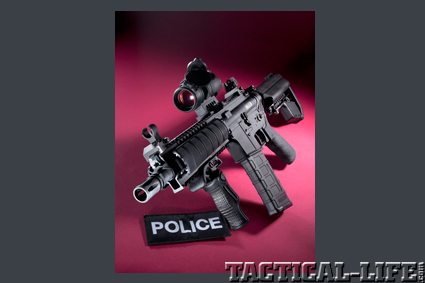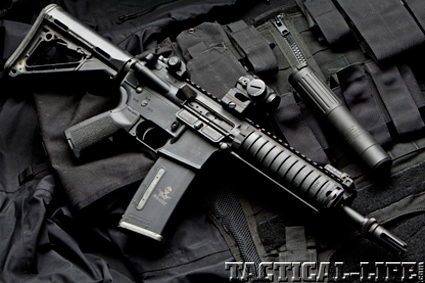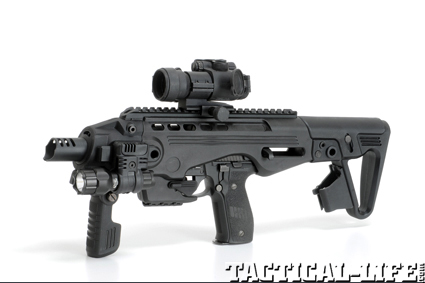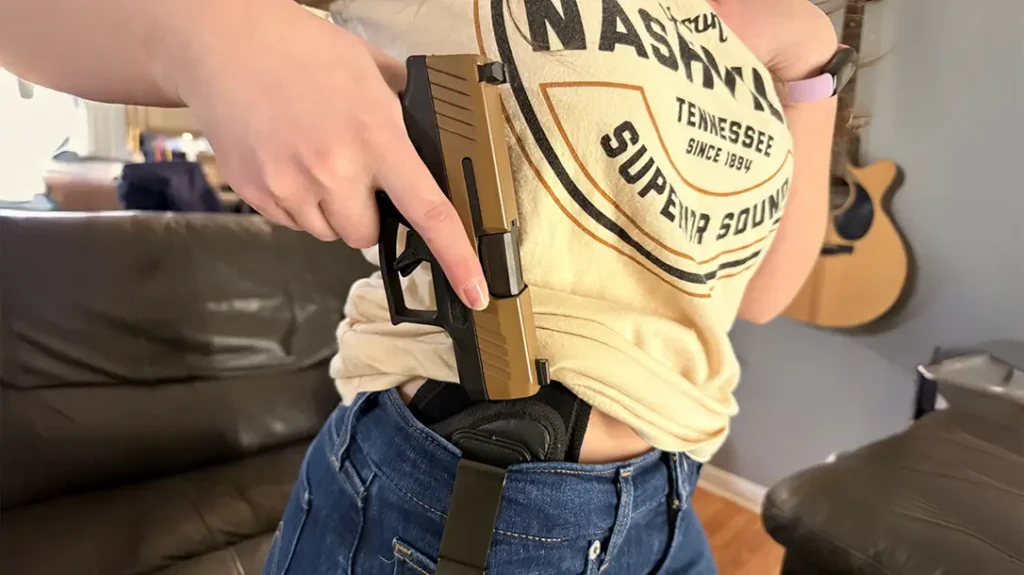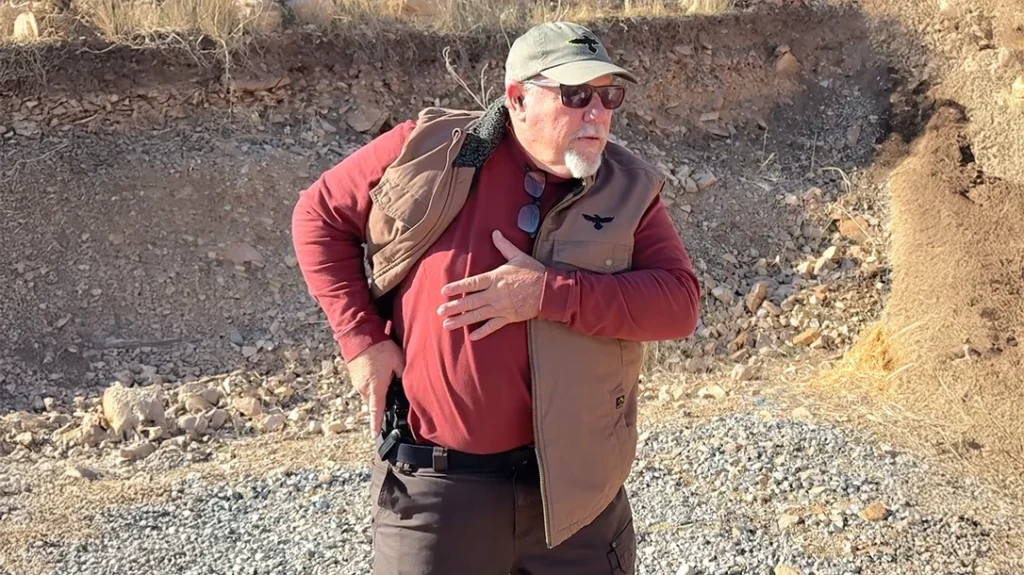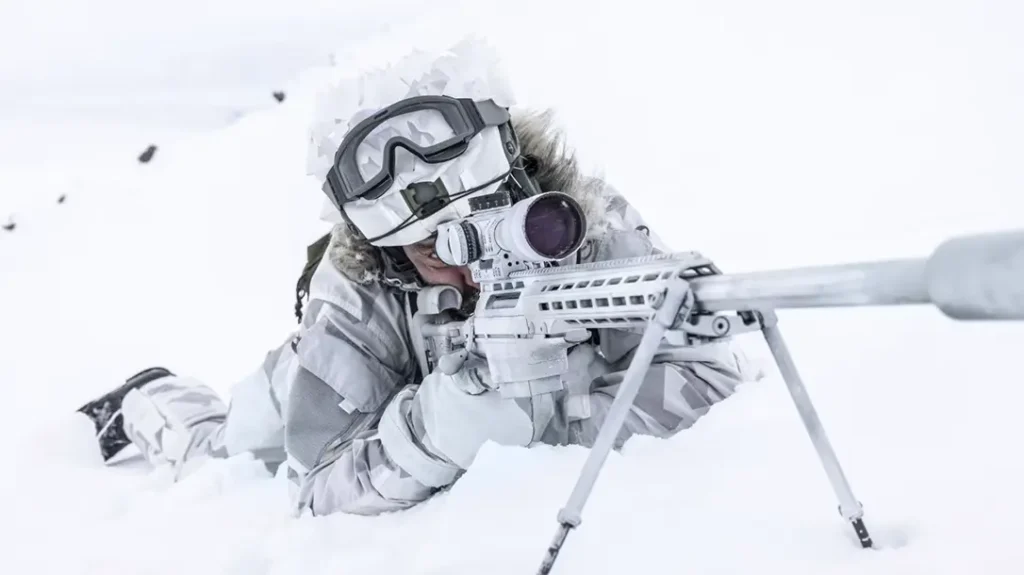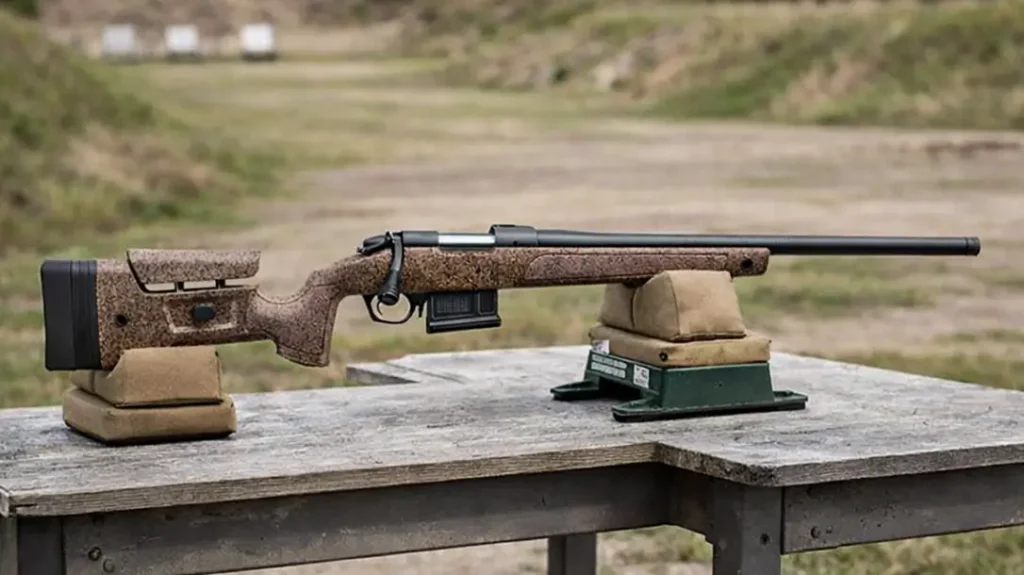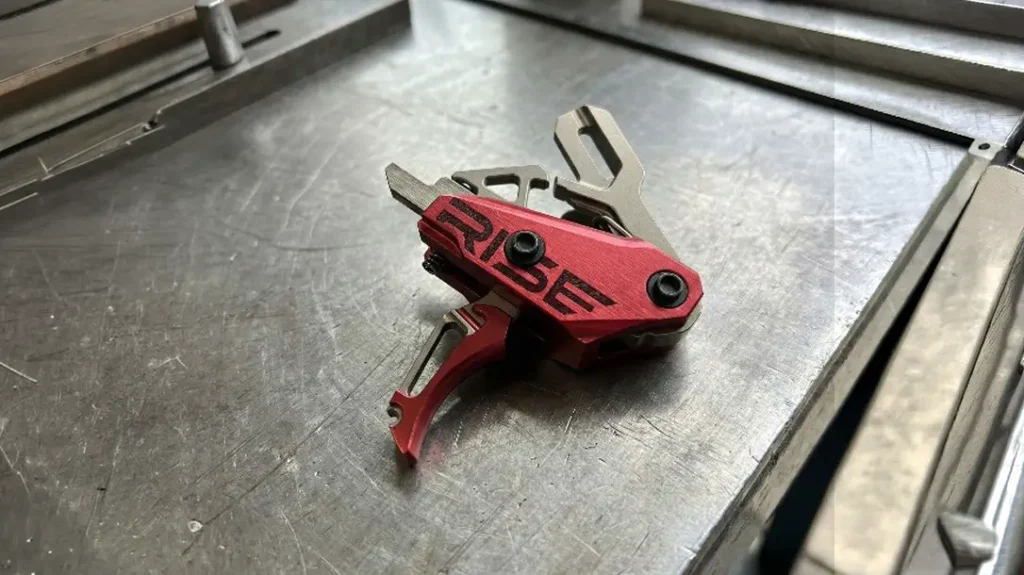For many firearm collectors and enthusiasts, acquiring a Title 2 firearm is the pinnacle of their shooting or collecting experience. Formerly exotic types of weapons, Title 2 firearms are becoming more commonplace, leading to misconceptions and outright myths that are perpetuated both within and beyond the firearms community. Terminology is important. One should know the correct terms to describe a Title 2 (or NFA) firearm. Frequently, machine guns and similarly exotic firearms are called “NFA firearms.” The National Firearms Act of 1934 created restrictions governing the possession of machine guns, short-barreled rifles, short-barreled shotguns, destructive devices and sound suppressors. Using the term “NFA” is appropriate to describe these types of firearms.
The term “Title 2” comes from the 1968 Gun Control Act (GCA). The first section of the GCA (appropriately named “Title 1”) governs most pistols, rifles with a barrel exceeding 18 inches in length, and shotguns with barrels exceeding 18 inches in length. The second section of the GCA (again, appropriately named “Title 2”) created further restrictions for NFA-restricted firearms. Using the term “Title 2” is also an appropriate term to describe these types of firearms.
Myth: Individuals need to hold a “Class 3” license in order to legally possess an NFA firearm.
The term “Class 3” refers to the Special Occupation Tax (SOT) paid by a firearms dealer. Payment of the SOT allows the dealer to transfer an NFA firearm to another dealer without payment of the $200 transfer tax that is usually paid by individuals. There are three classes of tax within the SOT system. Firearms manufacturers pay for a Class 2 tax. Using the term “Class 3” to describe an NFA firearm is not an accurate description of NFA firearms, as only a dealer pays for a Class 2 Special Occupation Tax.
Advertisement — Continue Reading Below
Myth: It costs $200 per year to own an NFA firearm.
Almost as common as the myth that a special license is required to own an NFA firearm is the myth that an annual fee must be paid to maintain possession of an NFA firearm. Individuals must pay a one-time transfer fee of $200 when filing an ATF Form 4. Once the NFA firearm is registered, no additional fees are required until the time of sale. When sold, an additional $200 transfer tax is required. If the sale is between two private parties within the same state, the two individuals can buy/sell directly from one another. If the firearm is being sold out of state, a $200 transfer fee to a dealer is required. The dealer will then transfer the firearm to a qualified dealer in the buyer’s state. If both dealers have paid the SOT, no tax is due for the transfer between the dealers. The buyer will pay a $200 transfer fee upon purchase. Bottom line: The purchase of an NFA firearm requires a one-time $200 fee at the time of purchase.
Myth: Buying an NFA firearm allows the government to inspect your home anytime it wants.
The 4th Amendment prohibits the government from conducting an illegal search and seizure. Purchasing an NFA firearm does not result in the waiver of an individual’s constitutional rights. When purchasing an NFA firearm, the purchaser is required to include an address on the ATF Form 4. The address could be a work or home address—the form does not require a home address. Further, the ATF does not require notification of a change of address if an individual moves within the same state of residence. If an individual moves out of state, a change of address is required.
Myth: Silencers are illegal.
Simply not true. Silencers—often referred to as sound suppressors—are legal for most individuals to own and possess. Currently, 39 states allow individuals to own firearms suppressors. The purchase of a sound suppressor involves the same process as the purchase of any other NFA-controlled firearm: a $200 tax, a completed ATF Form 4 and two sets of fingerprint cards.
Advertisement — Continue Reading Below
Myth: It’s hard to buy an NFA firearm.
The hardest part of buying an NFA firearm is not actually that hard—it’s just that it requires patience. The amount of time needed to transfer the firearm between dealers and ultimately to the buyer can take several months. To buy an NFA firearm, the buyer needs to provide two passport photos, recent fingerprints, the $200 transfer fee and a completed ATF Form 4. Completing the Form 4 is where most individuals experience difficulty, as the current version of the form requires the signature of the local police chief or other law enforcement. For most buyers, this could include the local police chief, the county sheriff or the state police chief. Any one of them may sign, as long as the buyer falls within the jurisdiction of the law enforcement official. Alternative parties to the law enforcement signatory requirement could include a judge with criminal jurisdiction, or a criminal prosecutor. In many jurisdictions, it may be impossible for an individual to get the required sign-off, resulting in the creation of nonprofit corporations, LLCs and gun trusts.
Myth: Only the police can possess and own a machine gun.
Machine guns may be freely purchased by individuals that can buy other NFA firearms. The problem is cost. In 1986 Congress banned the manufacture of civilian-legal machine guns. Basic economics dictate that a fixed supply with increasing demand will result in increased prices. A civilian-legal, factory Colt M16 cost under $1,000 in 1986, $3,000 in the late 1990s, and about $5,000 in 2000, and costs north of $10,000 today. If one can afford a machine gun, the process of purchasing it is the same as purchasing any other NFA firearm.
Machine guns manufactured after May 19, 1986, are restricted and are not legal for civilians. Qualified dealers can purchase and take possession of machine guns manufactured after May 19, 1986, but these machine guns are not civilian-legal and cannot be possessed by most individuals.
Advertisement — Continue Reading Below
Myth: Individuals need to use a trust to ensure NFA firearms are transferred to their heirs.
Upon death, NFA firearms may be transferred tax-free to the decedent’s heirs via an ATF Form 5. Frequently, the ATF will ask for a copy of the decedent’s will. If no will was written, a judge may be required to approve the transfer to legitimate heirs. But, in virtually all cases, the NFA firearm will transfer from the decedent’s estate to an heir tax-free. The creation of a gun trust is not required to transfer NFA firearms to heirs tax-free.
Owning an NFA firearm is not difficult or overly expensive. Many of the beliefs surrounding NFA firearms ownership mischaracterize the law and/or regulations, or are flat-out wrong. In most cases, the hardest part of buying an NFA firearm is either its cost or the patience needed to wait for the ATF to process the required forms. For the dedicated buyer—whether a collector or enthusiast—it’s all worth it.
Check out these 10 Shotgun Myths!
Advertisement — Continue Reading Below

